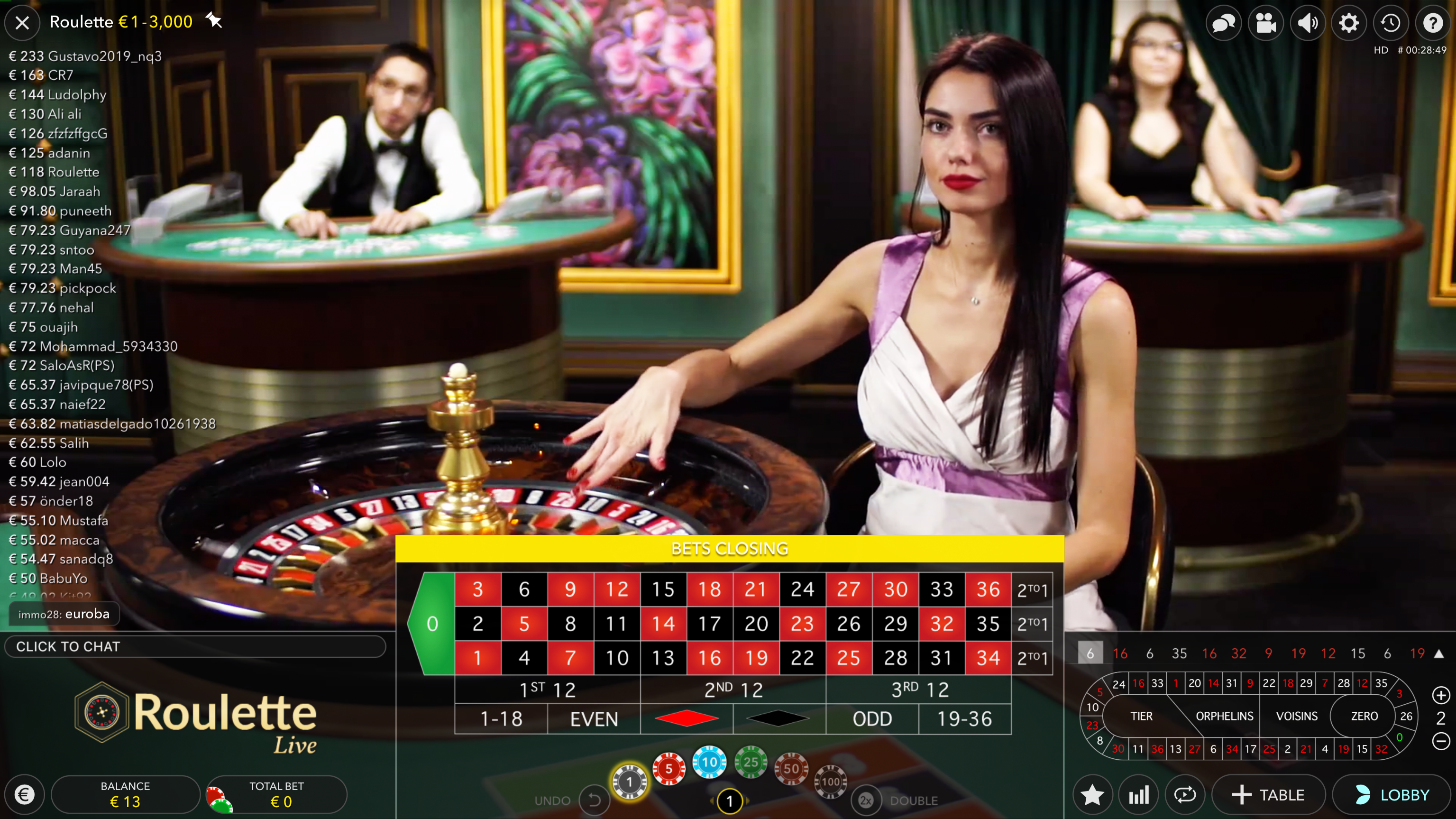The Cultural Influence of Gambling Games Across the Globe

Casino entertainment have long been a captivating entertainment option, drawing numerous of players from different cultures around the globe. From the glitzy casinos of the Strip to the busy gambling halls of Macau, these games serve as a link that brings together people across different backgrounds. The allure of luck, skill, and risk entices not only those looking to strike it rich but also those in search of a shared experience.
The cultural impact of casino games extends far beyond the gaming floor. They often embody the values and traditions of the communities in which they prosper. Games such as Texas hold 'em, 21, and roulette have embedded themselves into the mosaic of mainstream culture, influencing various aspects from cinema to style. As we explore this fascinating intersection of luck and life, we can gain insights into how these games shape and are shaped by the surrounding world.
Historical Development of Casino Games
The beginnings of gambling games can be tracked back to ancient civilizations, where gambling in multiple forms was widely performed. In Ancient China, around 2300 B.C., a form of lottery known as Keno was popular, while in old the Roman Empire, soldiers would often wager on the consequences of their matches. The notion of using luck for fun and gain progressed over the ages, leading to the establishment of more structured games. By the final Middle Ages, gambling houses began to surface in the continent, especially in Italy, which presented early forms of well-liked activities still practiced today.
As betting expanded fame in European regions, the 17th and 18th centuries saw the rise of casinos as dedicated locations for gaming. The initial official gambling house, the Ridotto, was set up in Venice in the year 1638, providing activities like Baccarat and Faro. This period marked a crucial shifting point, as gaming venues commenced to welcome not just the high society but also the growing middle class. The complexity of activities evolved, leading to the development of new regulations and modifications that enhanced the experience of players.
In the 19th century, the industrial age and shifts in societal conventions also transformed the environment of gambling games. The introduction of the game of roulette and contemporary gaming machines attracted a more diverse clientele, and gaming houses became seen as legitimate forms of fun. This period witnessed the international spread of casino activities, as casinos extended from Europe to the New World, culminating in the development of the famous Las Vegas Strip in the 20th century. The progress of gambling games has continued into the present day, including technology and digital platforms, rendering them accessible to a global market.
# Cultural Significance across Various Societies
Gambling games have profound cultural and social value within many cultures around the globe. For instance, in Las Vegas, the very fabric of the city is woven around gaming venues, where gambling is not just a recreational activity but a key aspect of entertainment and social interaction. The dazzling lights and vibrant atmosphere attract a vast audience, showcasing how gambling activities can influence local economical structures and cultural uniqueness. This surrounding transforms the notion of relaxation into an engaging experience that influences style, melodies, and even movies.
Conversely, some cultures approach wagering with an air of caution, considering it through the lens of ethical considerations and tradition. For instance, in various Oriental communities, games like Mahjongg and Pai Gow Poker are rich with history and possess significant social implications. These games are often played during meetings and celebrations, fostering collective connections and reinforcing kinship ties. The act of playing these games goes beyond mere amusement, reflecting ethics such as deference to seniors and the significance of collective enjoyment.
Simultaneously, in European countries such as Monaco and the Italian Peninsula, gambling activities serve as symbols of luxury and elegance. The refined atmosphere of these establishments attracts both visitors and native inhabitants, upholding a sense of prestige and elitism. The art of poker and the tactical components of games like baccarat are appreciated, molding social dynamics and establishing an allure that fascinates a heterogeneous audience. This underscores how gambling can concurrently mirror and mold cultural perspectives towards danger, reward, and social interaction.
Financial Influence and Travel Industry
Gambling activities play a significant role in the financial context of many areas, particularly those that rely heavily on tourism. The revenue produced from casino operations fuels local economies, creating jobs not only within the casinos themselves but also in related sectors such as hospitality, dining, and recreation. This surge of tourists, drawn by the attraction of games and the overall casino experience, stimulates spending across multiple local enterprises, contributing to the economic vitality of the region.
The presence of casinos often leads to the development of infrastructure, including hotels, transportation systems, and recreational facilities. These improvements are essential in improving the overall visitor satisfaction, making locations more appealing to tourists. Additionally, many casinos contribute in local communities through support of events and philanthropic initiatives, further embedding themselves into the community structure of the locality. Such investment not only supports economic growth but also cultivates a positive image of the gambling sector.
Furthermore, the global popularity of casino games drives competitive tourism, with locations vying to attract players from across the globe. tx 88 Iconic locations like Las Vegas and Macau have become identifiable with casino culture, drawing millions annually. This advantage encourages creativity and diversification within the gambling sector, influencing trends in leisure and hospitality that resonate beyond their limits. The consequences of this tourism extend wide, impacting local financial health and cultural exchanges on a global scale.
